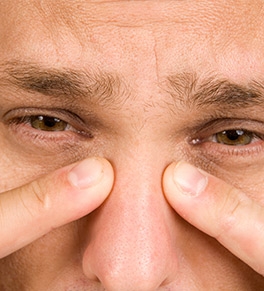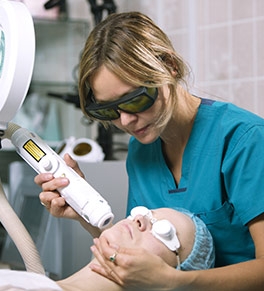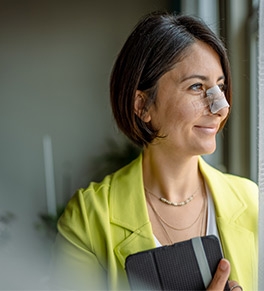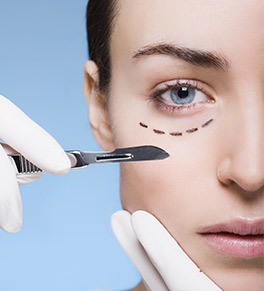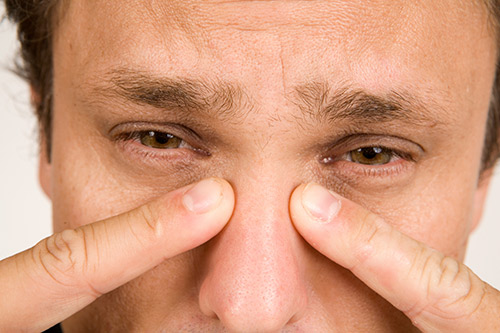
Your septum is a thin piece of cartilage that separates your nostrils. Ideally, it divides your nasal cavity evenly, but in many cases, the septum isn’t even, and it makes one nostril larger than the other. This unevenness — or deviation — is known as a deviated septum.
An estimated 80% of people have a deviated septum to some degree, but not all deviated septums cause significant symptoms. In severe cases, though, a deviated septum can contribute to a range of problems, such as blocked nostrils and difficulty breathing.
Here, Dr. Cecil Yeung, a double-board certified facial and plastic surgeon, at The Yeung Institute in Houston, Texas, highlights the problems a deviated septum can cause and explains how a nose surgery can help eliminate these problems.
5 problems caused by a deviated septum
A deviated septum can be congenital (a condition you’re born with), but it can also develop as a result of an accident or injury. Regardless of what caused the deviation, it can lead to:
1. Nasal congestion
If your septum is crooked enough to block one of your nostrils, you may experience nasal congestion. One nostril may feel more congested than the other, and the chronic congestion can impair your sense of smell and taste.
An impaired sense of smell and taste could be a safety issue — like not smelling something burning in the kitchen — but it can also make eating less enjoyable.
2. Increased infections
Nasal congestion causes uncomfortable pressure or facial pain, and it can increase your risk of chronic sinus issues, including frequent sinus infections.
Normally your sinuses are air-filled cavities, but if your septum is crooked, mucous may not drain properly from your sinuses. This can create a stagnant environment in which bacteria accumulates 一 and that’s why a deviated septum can contribute to recurrent bouts of infection and inflammation in your sinuses.
3. Sleep issues
Nasal congestion from a crooked septum can impact your quality of sleep. While you sleep, you might experience:
- Noisy breathing
- Disruptions due to constant nasal congestion
- Ability to sleep only on one side
Deviated septums can also contribute to the development of sleep apnea; if you already have sleep apnea, a deviated septum can exacerbate your symptoms.
4. Nosebleeds
People with a deviated septum tend to have drier nasal passages, which can lead to recurrent nosebleeds. Individuals with chronic sinusitis (another complication of untreated deviated septums) are also more prone to nosebleeds.
5. Dry mouth
Congestion, whether it’s related to a common cold, a sinus infection, or a deviated septum, naturally leads to breathing out of your mouth. This can make your mouth feel dry. Not only can this become uncomfortable, but dry mouth also can cause bad breath and increased cavities.
Surgery for a deviated septum
Dr. Yeung offers a nasal surgery called septoplasty to correct a deviation. The surgery straightens your septum to improve obstructed airways, restore free breathing, and help eliminate the unwanted complications of a deviated septum.
Don’t let an untreated deviated septum disrupt your life. Call or click to schedule your consultation at The Yeung Institute today and find out if a septoplasty is right for you.

